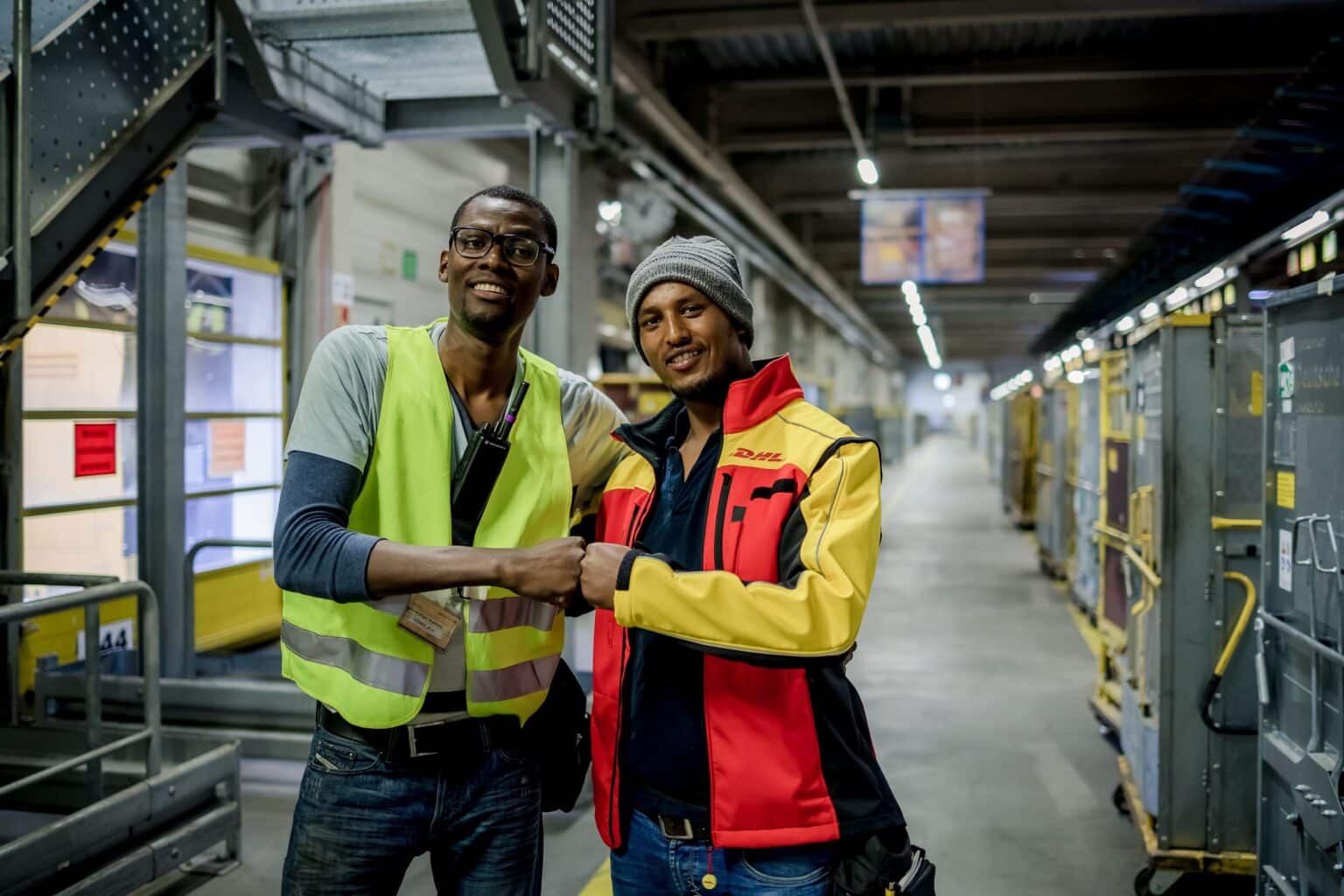Sure! Here’s the translation into American English:
—
DHL Group has implemented a prominent labor integration program for refugees, successfully providing opportunities to over 30,000 individuals in the last decade since the start of the migration crisis in 2015. The company has positioned itself as one of the leading employers of refugees worldwide, not only offering employment but also vocational training to this vulnerable group. Since 2015, around 350 refugees have completed their training in various areas within the group.
The employees who have found job opportunities at DHL mainly come from countries like Syria, Afghanistan, and Ukraine. The company primarily offers positions in the delivery and sorting of letters and packages, where the entry requirements are relatively low. However, some refugees have managed to advance to more responsible roles, actively contributing to the company’s growth.
Thomas Ogilvie, Chief Human Resources Officer of DHL Group, highlighted the importance of facilitating the rapid integration of refugees into the job market, not only from a social inclusion standpoint but also as an economic necessity for Germany. This integration is key to reducing pressure on social systems and will help counteract the effects of an aging population.
DHL supports refugees through various initiatives that include language courses and job search training. Among its programs are mentorships designed to guide young talents in their professional development and everyday aspects like finding housing and managing administrative tasks. Additionally, the implementation of a language-learning app allows users to improve their vocabulary in work-related contexts.
A recent study ranked DHL Group as the second company worldwide in the integration of refugees, highlighting its commitment to social responsibility. The company collaborates on this mission with organizations such as the Federal Employment Agency of Germany and UNHCR, participating in the #WithRefugees initiative.
Ricarda Brandts, President of the UN Refugee Agency, emphasized that the effective integration of refugees is a shared responsibility that requires collaboration between the public sector, civil society, and businesses. By providing access to education, training, and job opportunities, all sectors stand to benefit, fostering a more diverse and economically robust society.
DHL Group, which has approximately 600,000 employees worldwide, continues to strengthen its integration program, where nearly 18,000 workers have volunteered their time to assist refugees, acting as translators, mentors, and providing help in finding housing.
—
If you need anything else or further modifications, let me know!
Referrer: MiMub in Spanish
